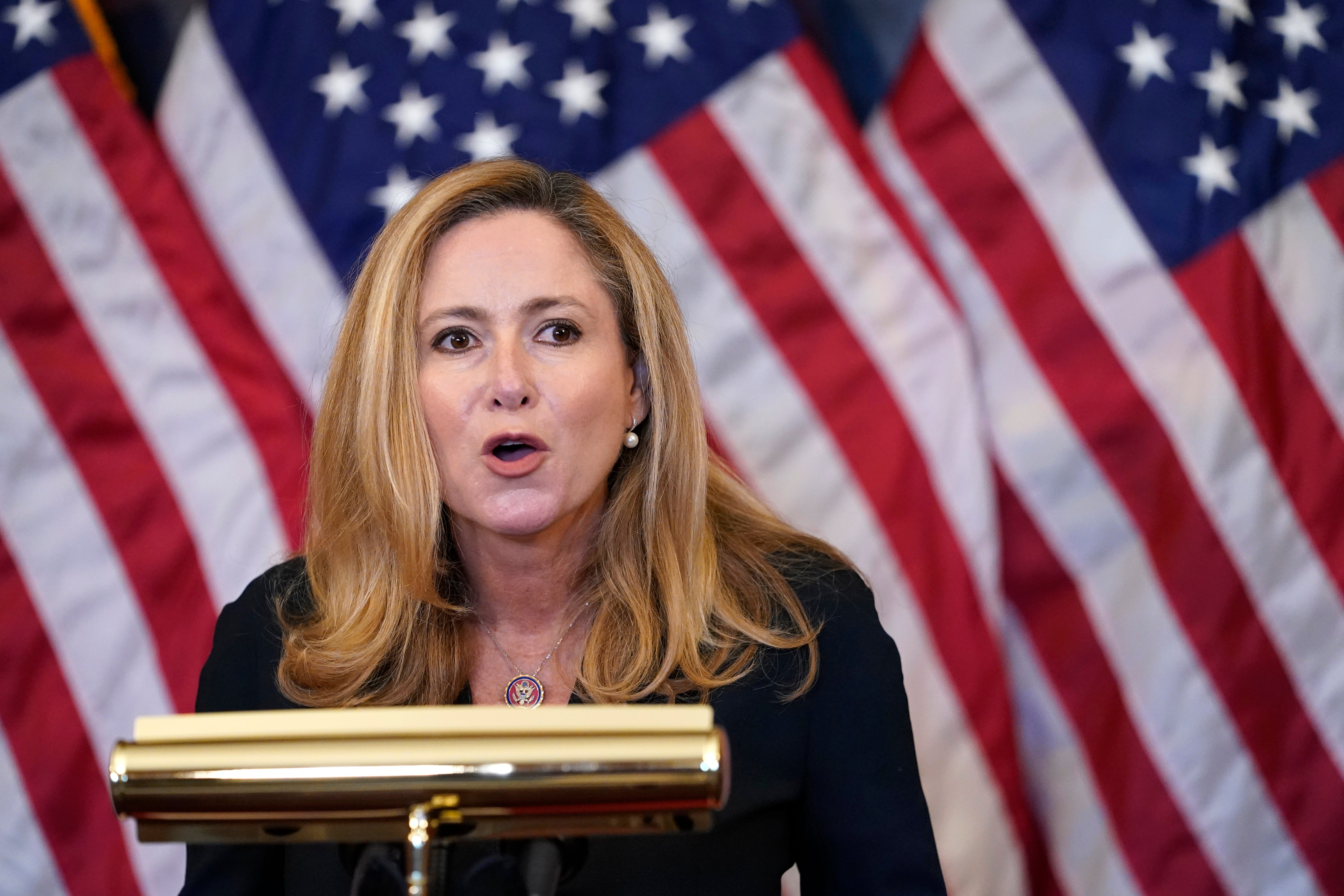Republican Rick Scott has held on to his Florida US Senate seat in a battle that had commanded national attention.
But why was a Republican incumbent’s battle for re-election, in a reddening state where Donald Trump makes his home, so important?
Because of the stakes.
The battle for Scott’s Senate seat had the power to write the narrative of election night. A potentially vulnerable Republican senator in a red-trending purple state, Scott sought his second term in the upper chamber at a time when incumbents are traditionally at their weakest. His opponent, Debbie Mucarsel-Powell, was a one-term former Democratic congresswoman.
While most polls and analytics showed Scott ahead by a few percentage points in the weeks before the election, Mucarsel-Powell remained in striking range — and the significance of her victory would’ve been hard to overstate. Republicans will be breathing a sigh of relief with this result.
Scott’s greatest strength was also his greatest weakness: his unabashed ties to MAGA. Having run and lost a challenge against Mitch McConnell as the GOP’s leader in the Senate, Scott is widely viewed as one of Trump’s loyalists in the chamber — something that tied him to the national presidential race in people’s minds.

Conversely, Scott was able to count on backup from Trump himself and the MAGA war chest. Little surprise, however, that Ron DeSantis didn’t show up to support him — in the wild world of Florida politics, the two are known to be rivals and less than friendly.
Also in Florida, Anna Paulina Luna – an outspoken supporter of Trump – was able to hang on to her seat, while Trump himself took the state, a result that had been widely expected.
The final days of Florida’s Senate race played out over the backdrop of Hurricane Milton cleanup. The storm battered the central portion of the Sunshine State, causing major flooding around the Tampa Bay area as well as other damage from fallen trees and debris. Having made landfall as a category 3 storm, it is not thought to have killed as many as Helene weeks earlier but is still thought to have claimed more than a dozen lives. Millions more remained without power for days.





